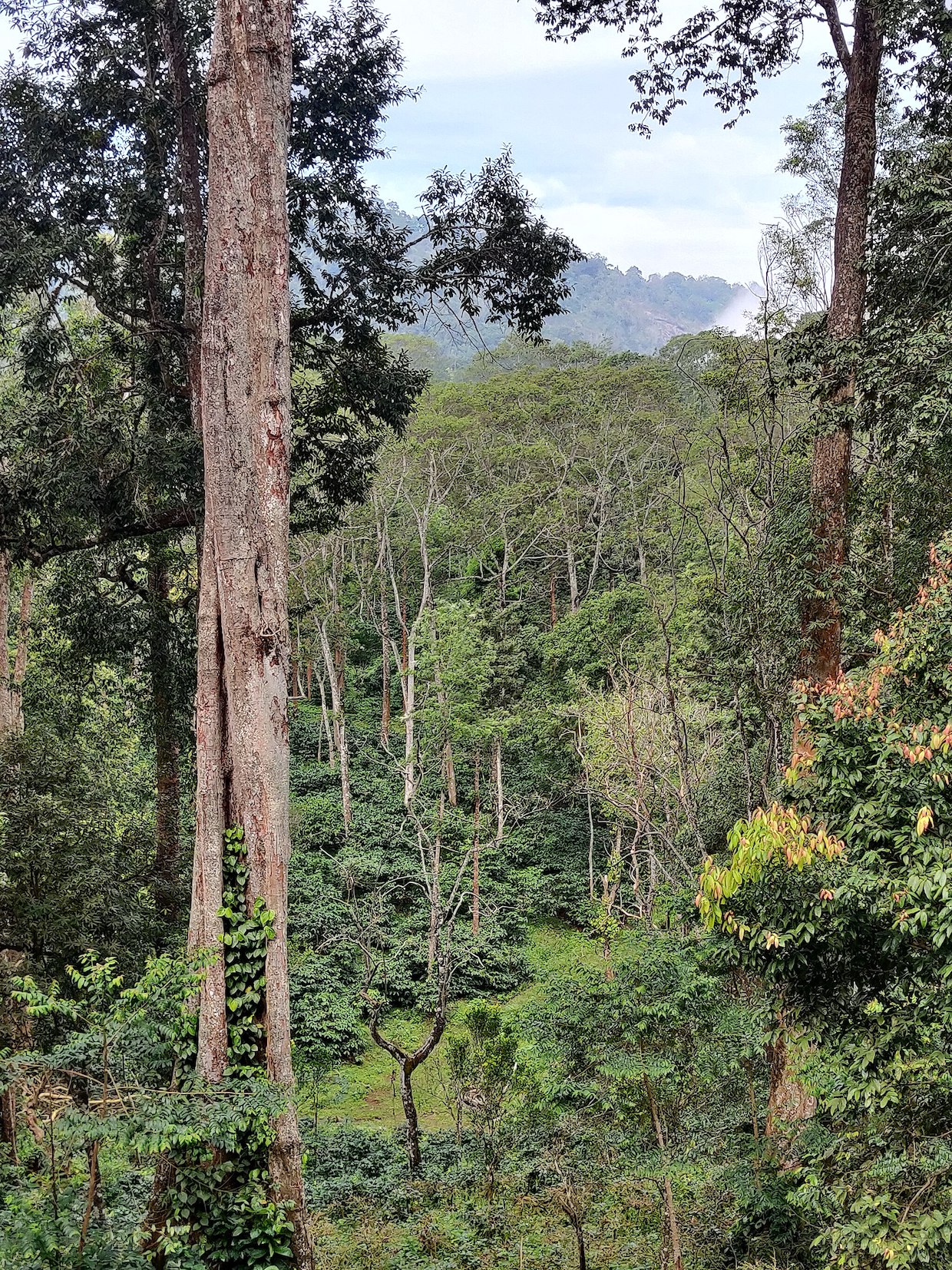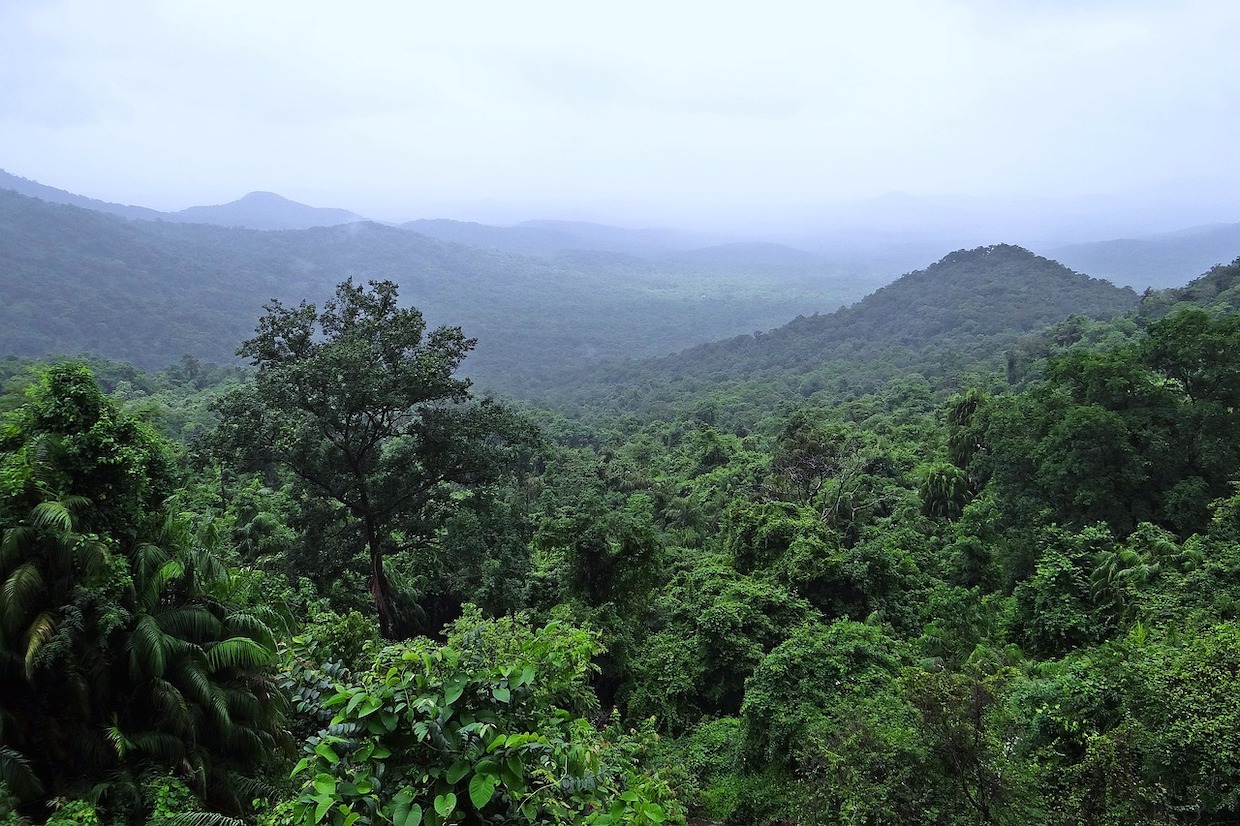Combined production of robusta and arabica in India is expected to hold relatively steady at approximately 6 million 60-kilo bags for the 2024/25 market year, with a prolonged dry period affecting what would otherwise be an “up year” in the biennial crop cycle.
The relatively flat production estimate comes from the USDA Foreign Agriculture Service, which noted a prolonged period of relatively high prices in the global green coffee market, particularly for robusta coffee.
The latest International Coffee Organization global commodities market report found robusta to be trading at a 45-year high globally.
[Note: This is the first in a series of stories that will explore USDA FAS annual coffee reports. The information agency typically delivers more than a dozen country-level reports on the coffee sector, each coming from different authors and field offices.]
According to Indian meteorology sources cited in the report, heavy rains in January/February followed by warmer weather and a prolonged dry period in March — known colloquially as the “blossom shower” or “mango shower” period — are expected to negatively impact both arabica and robusta production in key Indian growing regions for 2024/25.
“Robusta is the most popular coffee type and accounts for over 70% of India’s coffee crop,” the report states. “Arabica harvest takes place from November to January, and Robusta harvest is December to February. February and March rains are crucial for determining the crop yield.”

“Coffee Shade in Valparai, Tamil Nadu, India” by Rohitjahnavi is licensed under CC BY-SA 4.0.
While the amount of planted area in India is expected to increase slightly — particularly for robusta due to its natural resiliency and a sustained period of relatively high global market prices — yields per hectare are expected to diminish slightly, by 3% for arabica and 2% for robusta.
The FAS noted that domestic demand is expected to increase by 1.8% in India, due to heightened desire for instant/soluble coffee, further reducing the country’s robusta stocks.
“[The New Delhi FAS] post anticipates export demand to remain firm in MY 2024/25 especially for Indian robustas, however trade sources indicate that current prices are limiting international buyers from placing larger orders,” the report states. “Indian farmgate coffee prices are trading at decade high rates driven by a global surge in international coffee prices due to global supply issues.”
According to Coffee Board of India data, prices for arabica parchment (pre-hulled) and Robusta cherry (in fruit) have increased by 45% and 66%, respectively, since the beginning of the India market year (October 2023).
Comments? Questions? News to share? Contact DCN’s editors here.







Comment